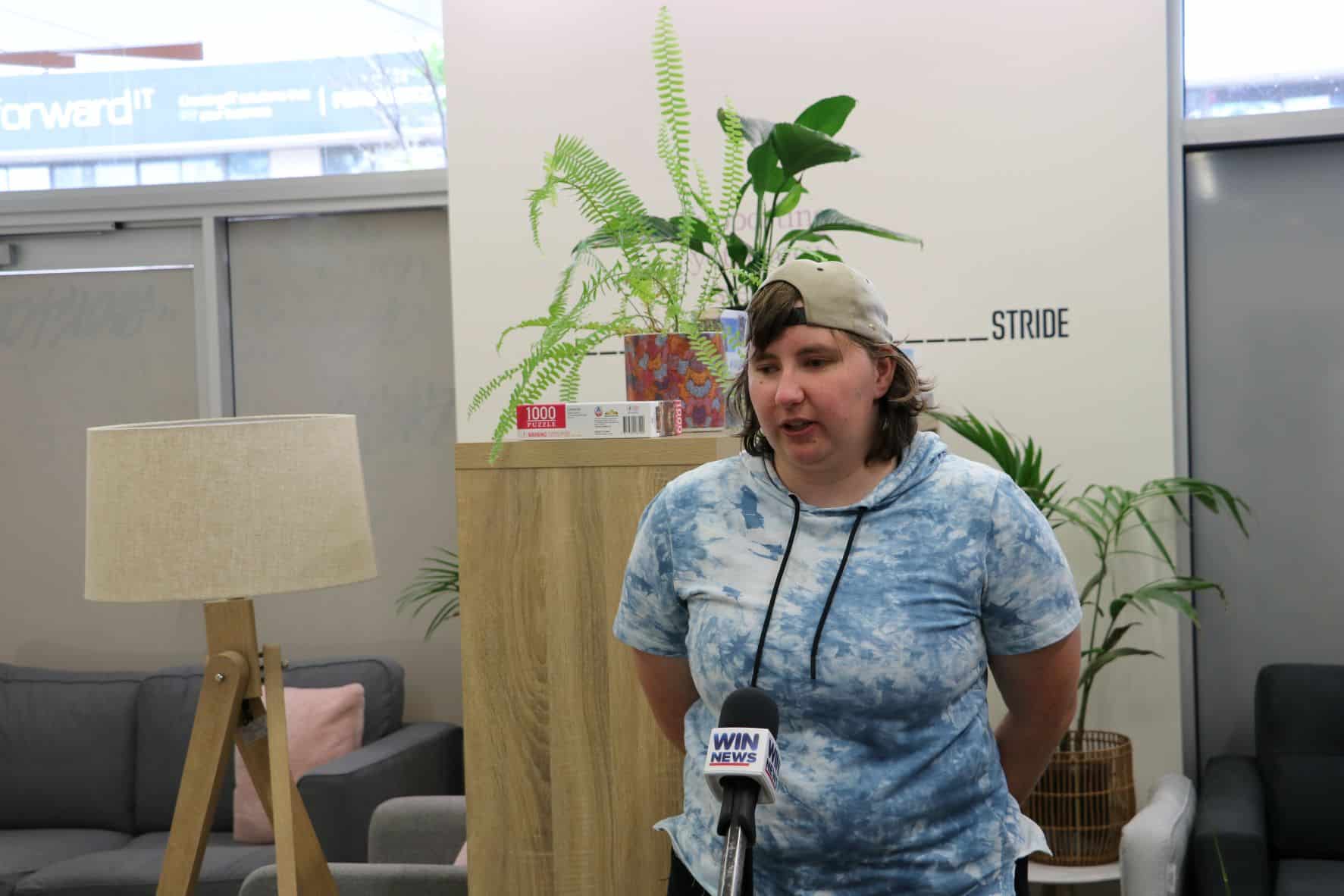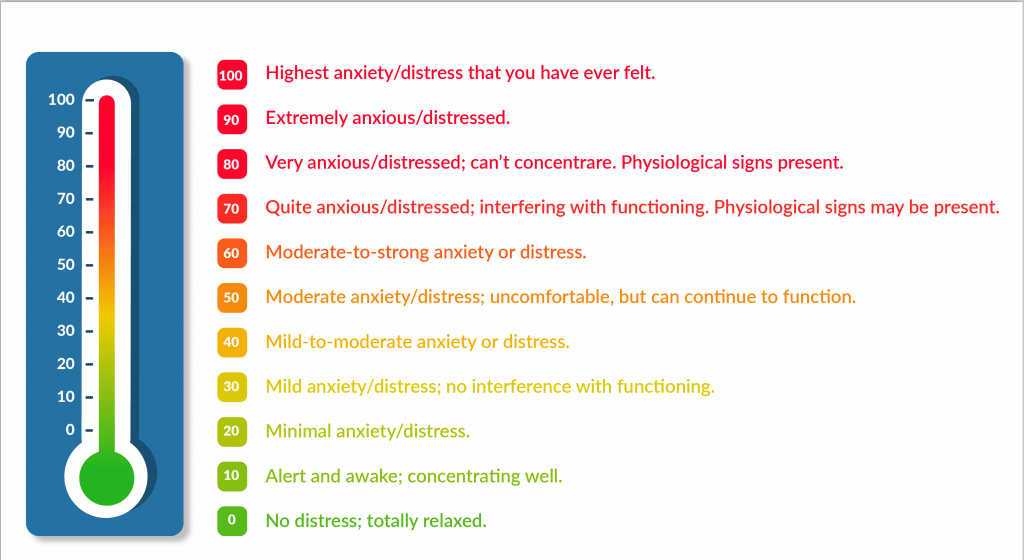Six months after opening its doors, a ‘Safe Haven’ for Canberrans having trouble managing their mental health, or life in general, has this week shared its positive progress.
Co-designed with community organisations, clinicians, and people with lived experience, Safe Haven Belconnen reports they’re making a difference in the lives of Canberrans struggling with mental health.
ACT Minister for Mental Health Emma Davidson said since its opening in November 2021, 570 sessions have been run and 489 hours of “people helping people”.

Grace West says she’s been using the service since around December for a variety of reasons over that time.
“I’ve used it most recently just as a drop-in place, so I didn’t have to be at home and be alone, which is kind of a big trigger for me for my mental health getting worse sometimes,” Ms West said.
“But I’ve also then used it right at the start of the year when my Nana died. I needed a bit of extra support that I couldn’t access just through my psychologist.
“Since accessing Safe Haven, I’ve also been able to need to access my psychologist a bit less, which has been excellent because just the fact that it’s so flexible and so accessible to get here and access here, it has been amazing.”
Lowered SUDS scores
The subjective units of distress scale (SUDS) is a self-assessment tool used to help therapists or healthcare providers monitor a patient’s process and success of treatment plans.
The scale runs from 0 to 100, gauging the severity of a person’s emotional state or distress, particularly from an anxiety standpoint.

Canberrans who have utilised the Safe Haven Belconnen service have reported having better mental health outcomes, with the marked improvements shown in the clinic’s average SUDS score.
ACT Government statistics show the average SUDS score for visitors of the service first began at 65 and dropped to 44 by the end of their initial visit.
The lowered score was successfully maintained throughout the following week with clients recording an average score of 46.
Ms Davidson said it’s important to note that “quite a few” people have returned to the Haven multiple times, meaning the space is a place where they feel safe, trust the staff, and feel like it’s making a positive impact in their life.
Manager of Safe Haven, Mandy Larsen, said the service has grown from “strength to strength” in the past six months.
Capital Health Network general manager Claudine Tule said the establishment of the early intervention centre has been great to see, and the outcomes so far have been positive.
“It’s obviously a really inviting and friendly service and it’s about creating more upstream initiatives such as this, particularly for people when they’re in distress and connect to services earlier on,” Ms Tule said.
“We’ve been really pleased with the outcomes, in terms of what we’ve seen.”
A second Safe Haven for South Canberra
With the apparent success of the first Safe Haven, Ms Davidson said the ACT Government is “absolutely” looking towards a second location, one focused within the community rather than on a hospital campus.
There’s no defined timeline as to when this service will be announced or built, but Ms Davidson said they’re currently working through the process and the feedback from the first Haven will guide the second.
“It’s really important that we have evaluations and things so that we can understand what’s worked really well and make sure we keep doing those things,” she said.
One aspect that has worked “really well”, according to Ms Davidson, is having the physical space where people can come and interact face-to-face with others, rather than through a screen.
Ms Larsen also admitted it would be “fantastic” to have another Safe Haven in Canberra six months down the track.
She said they’ve just extended their hours from 4.30-9pm to 3-10pm and are finding they’re continuing to reach maximum numbers each night.
“I think we all know that the mental health system is running the best it can, but it’s really pushed to the brink, and more services like this to support those who are feeling distressed but maybe feeling a bit more distressed going into a clinical environment,” Ms Larsen said.
“I think the benefits are really about those who have used maybe the hospital or the mental health system before, and they struggle to go back into that. They may have been triggered, there may have been something that distressed them going through this in the past.
“Our environment’s very different – it’s non-clinical. It’s like walking into a warm hug, is how I like to put it. It is a place where it feels like a lounge room but it’s full of care. And while it might get to the point where we do need to refer through to the hospital, it’s the first step…”
When asked if they are receiving enough resources to help all who try to access the Safe Haven service, Ms Larsen they’re reaching maximum numbers each night because of the size of their space.
“We are flat out every night that we’re open and hopeful that we can expand to bigger premises to support those in our community who need to come somewhere, to be connected with other human beings, with people that that understand the distress that an individual might be going through,” she said.
“It’s a really comforting, caring, nurturing environment, which is quite different to the clinical hospital environment. It’s an alternative to a clinical environment.”
Get all the latest Canberra news, sport, entertainment, lifestyle, competitions and more delivered straight to your inbox with the Canberra Daily Daily Newsletter. Sign up here.



